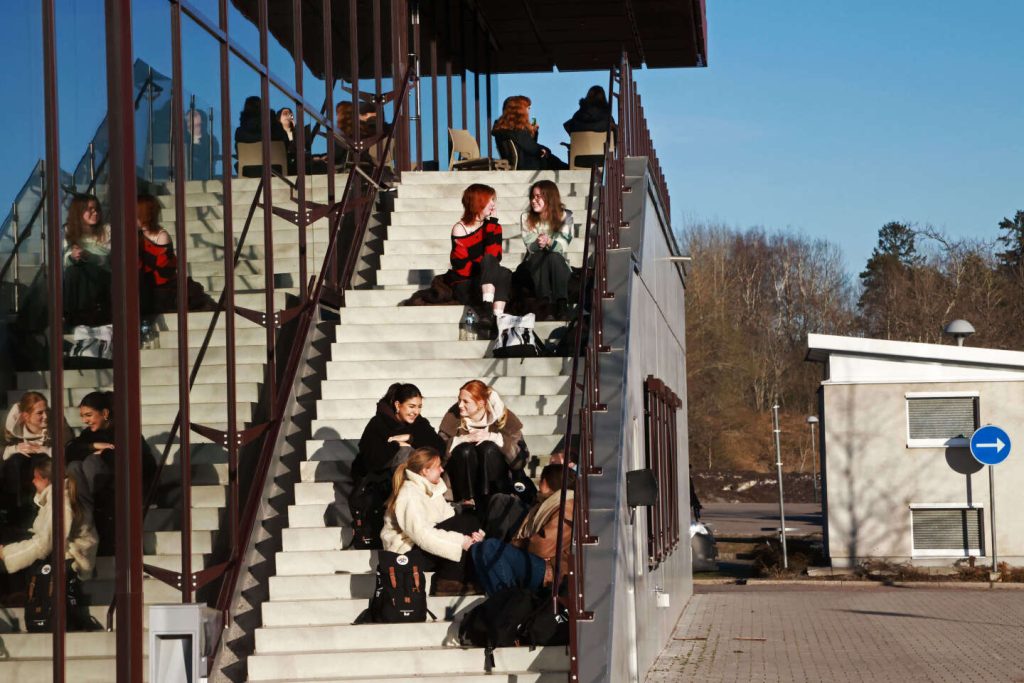The universities in Sweden, including the University of Linköping and Lund University, are facing financial struggles and are under pressure to make budget cuts. Even with the prestigious Nobel Prize awarded to Professor Anne L’Huillier in 2023, Lund University is still having to make efforts to bring its finances back into the green. Plans are being made to reduce the number of temporary contracts and decrease the number of doctoral students, although there are currently no plans for layoffs.
Universities across Sweden are experiencing financial deficits, with a collective deficit of one billion crowns in 2023. The situation has worsened in recent years, with rising operating costs not being compensated for by funding, exacerbated by a government directive to reduce spending by 0.5%. Stockholm University’s department of economic history and international relations has already implemented various measures to balance its budget, such as sharing offices, reducing course durations, and cutting administrative time for directors of studies. However, these are temporary savings and may not be sustainable in the long term.
One of the challenges faced by universities in Sweden is the fact that they do not own their buildings. Instead, most facilities are leased from the company Akademiska Hus, established in 1993, for a cost that accounts for approximately 12% of the university’s budget. This adds to the financial strain faced by universities, as increases in rent and administrative costs outpace the growth in funding. Despite receiving a 3.5% increase in funding, Stockholm University saw a 7.5% rise in rent costs, making it difficult to balance their budget effectively.
The financial difficulties faced by universities in Sweden are not unique to a particular institution and are being felt across the country. With the government mandating budget cuts for all central agencies, universities are being forced to make tough decisions about where to reduce spending. This has led to measures such as not renewing temporary contracts, reducing the number of doctoral positions, and implementing temporary cost-cutting measures that may not be sustainable in the long term.
The situation at Lund University, where the faculty of physics is also feeling the financial strain despite Professor Anne L’Huillier’s Nobel Prize, reflects the wider challenges faced by universities in Sweden. The need to bring finances back into balance is leading to difficult decisions about where to cut costs, with a focus on reducing temporary contracts and doctoral positions. These budget pressures are likely to continue as universities grapple with rising operating costs and limited funding increases.
In conclusion, the financial struggles faced by universities in Sweden, such as Lund University and Stockholm University, are indicative of a larger trend across the country. With deficits reaching one billion crowns in 2023 and government mandates to reduce spending, universities are under pressure to make tough decisions to bring their finances back on track. The reliance on leased buildings and rising operating costs make balancing budgets even more challenging, as funding increases fail to keep pace with expenses. While temporary cost-cutting measures may provide short-term relief, universities need to find sustainable solutions to ensure their long-term financial stability.


